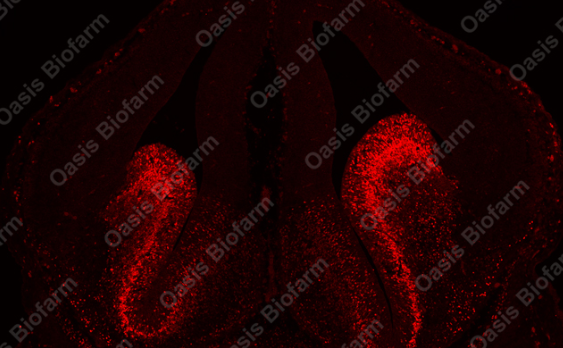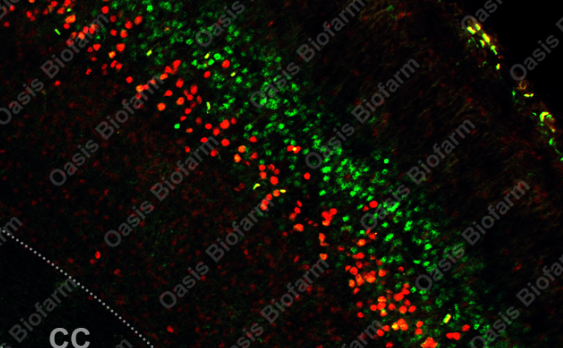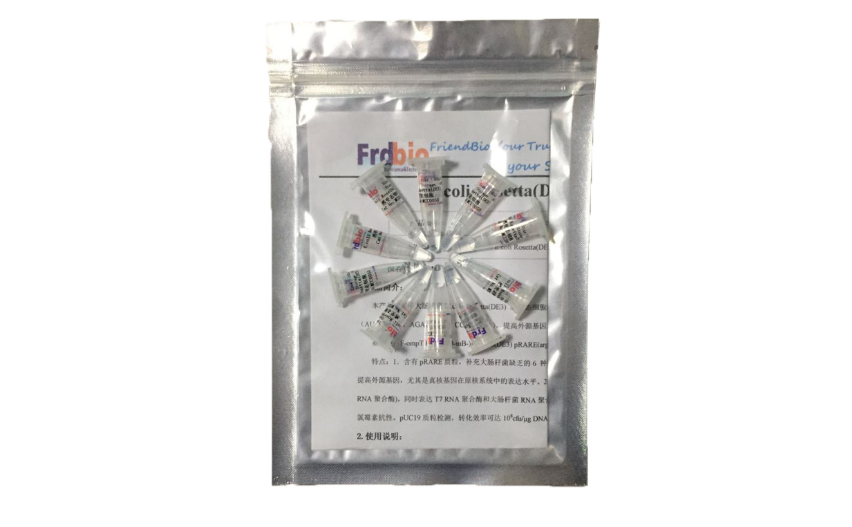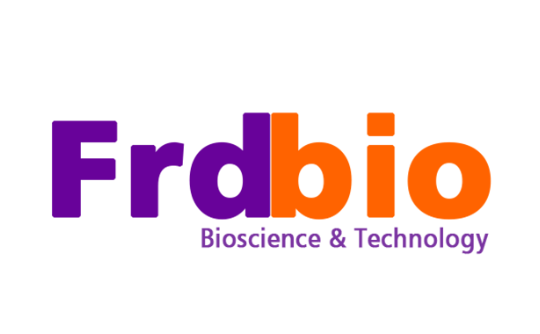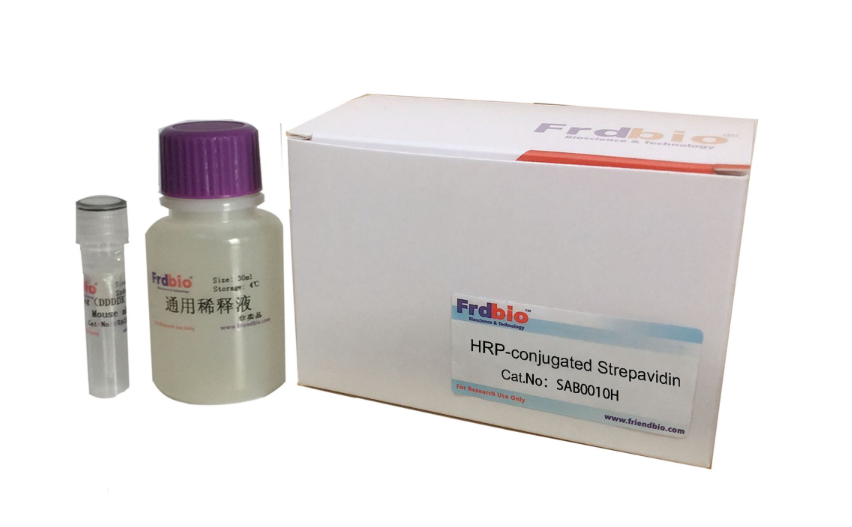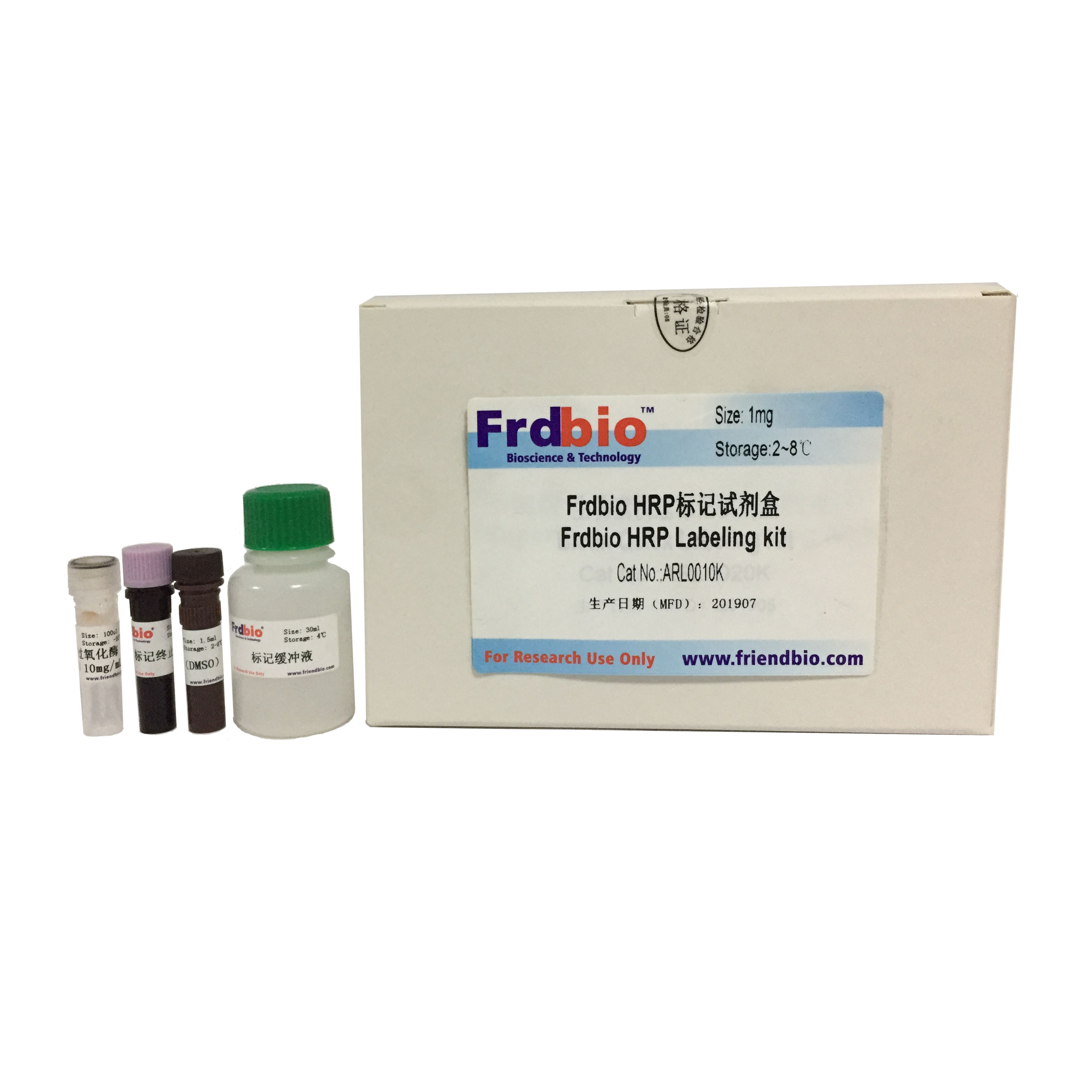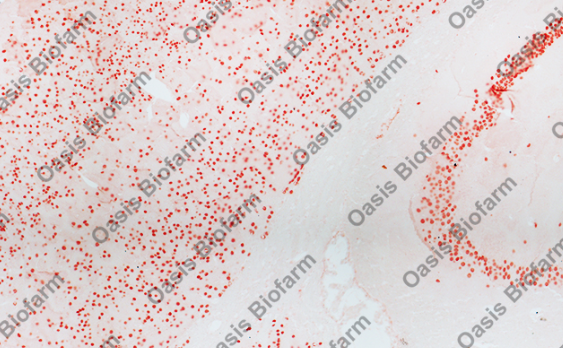
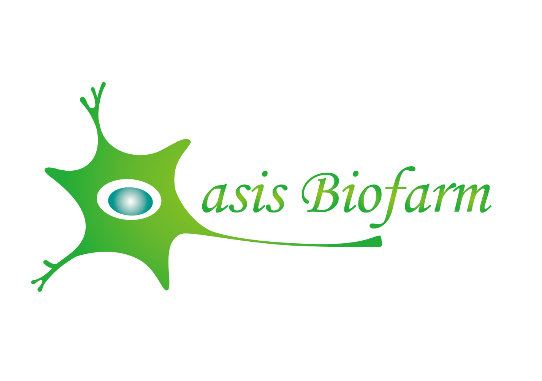
Myt1L Rabbit pAb
- OB-PRB016
- 欧赛思生物(Oasis Biofarm)
- 浙江省杭州市
- 现货
- 200ul
- 100ul
- 2400 元
- 2022-12-08 19:12:08
浙江欧赛思生物科技有限公司
一键申请试用
咨询
加入意向单
联系方式
-
Rabbit-anti-Myt1L/Nzf1 polyclonal antibody
Catalog No: OB-PRB016Host Species: Rabbit polyclonal antibodiesAntigen Retrieval: Antigen retrieval is required before immunostaining.Gene Synonyms: Nztf, Nztf1, Pmn, Pmng1, Png-1, mKIAA1106, myelin transcription factor 1-like, Myt1L, NZF1Species Reactivity: Mouse, Rat; Others have not been testedApplications: IF/IHC-Fr: 1:50~200 ICC: 1:200 WB: 1:500~2000 IHC-P: 1:50~200
Immunogen: The N-terminal fragment of mouse MYT1L.Purification: Affinity purificationGeneral Notes: FOR RESEARCH USE ONLYStorage Buffer: pH7.4, PBS, 55mM Tris, 50mM Glycine, ~40% Glycerol, 0.1% potassium sorbateStorage: Shipped at 4°C. Store at -20/4°C for months and -80°C for years. Avoid freeze/thaw cycle.
Background: Myelin transcription factor (Myt)/Neural zinc finger (NZF) proteins comprise a unique family of transcription factors that play a key role in differentiation of a wide array of cells. Myt/NZF family proteins have characteristic CCHHC-type zinc finger motifs as DNA-binding domains and are predominantly expressed in the developing nervous system. Three types of Myt/NZF family proteins have been reported in mammals: Myt1 (Nzf2) [1], Myt1L (Nzf1, Png-1) [2, 3], and St18 (Nzf3, Myt3) [4, 5]. It was reported that Myt1L is expressed in post-mitotic neurons in CNS, retina and olfactory epithelium from embryonic stage [3], and it safeguards neuronal identity by actively repressing many non-neuronal fates via inhibiting Notch signaling [6]. Myt1L loss of function leads to deficits in cell proliferation, neuronal maturation, and human ADHD/ASD-related behaviors [7].[1] Matsushita F, et al. Mech Dev. 2002; DIO: 10.1016/s0925-4773(02)00250-2[2] Jiang Y, et al. J Biol Chem. 1996; DIO: 10.1074/jbc.271.18.10723[3] Weiner JA, et al. J Comp Neurol. 1997; PMID: 9130664[4] Yee KS, et al. J Biol Chem. 1998; DIO: 10.1074/jbc.273.9.5366[5] Jandrig B, et al. Oncogene. 2004; DIO: 10.1038/sj.onc.1208131c[6] Mall M, et al. Nature. 2017; DIO: 10.1038/nature21722[7] Chen J, et al. Neuron. 2021; DIO: 10.1016/j.neuron.2021.09.009
Key Words: oligodendrocyte, myelin transcription factor, central nervous system, neuron, retina, reprograming, olfactory epithelium

